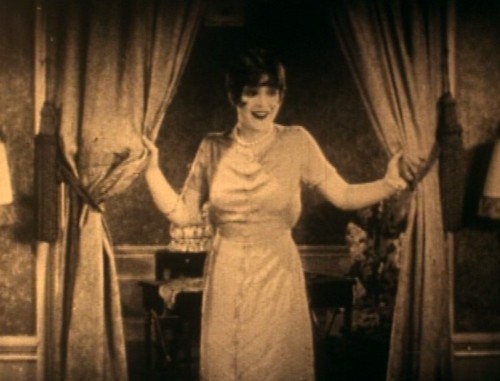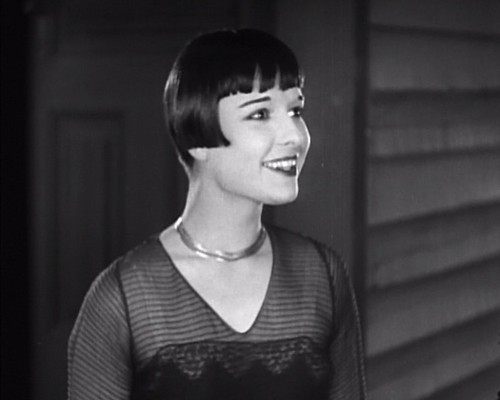I'm being asked by a few folks to circulate the following call for proposals for the next Feminisms and Rhetorics conference, which follows below. Bravo to Michigan State for taking out the parentheses -- as in feminism(s), rhetoric(s). If we're going to use the plural, let's use the plural.
One bit of criticism I have, which isn't necessarily directed toward Michigan State's department, or even the Feminisms and Rhetorics conference, is that I wish we could start putting conference sites in ONE place, like all FemRhet conference sites could be on the Coalition's site. We tried to do that with Computers and Writing, but it didn't catch on, as Stanford did their own site for 2005's conference, Texas Tech did their own for 2006, Wayne State did the same for 2007, which doesn't seem to be there anymore, and UGA created a site for 2008's conference.
The problem for Feminisms and Rhetorics, though, is more serious, I think. At least most of the Computers and Writing conference sites are still available. Try to go to the conference site for 1999, and it's not there. 2001's conference in Decatur, IL doesn't have a site available either. Ohio State's 2003 conference site redirects to the English department's main page. I couldn't find sites for Michigan Tech's 2005 conference or even the most recent one, 2007's conference at the University of Arkansas at Little Rock.
I understand if universities want to create their own sites for conferences they're hosting. Still, I don't think these sites should be thought of as ephemera. They're historical documents about fields of study. I think it's important to at least archive the files at some stable site that represents the organization and isn't hosted on a particular university's web space. If Michigan State does this, I will be very impressed.
Michigan State University / East Lansing, Michigan / October 7–9, 2009 *
The 2009 Feminism(s) and Rhetoric(s) conference will be hosted by the
Rhetoric & Writing program at Michigan State University. We invite proposals
that:
• *reflect* the complexity and diversity of who "we" are as a scholarly
community;
• *make manifest* the deep structure of the connections, intersections, and
overlaps that actually
make us a community;
• *help articulate* who "we" are as a deliberate community of scholars, and
what that means about our responsibilities and relationships to one another
across scholarly areas and institutional positions;
• *highlight* scholarly and teacherly activities that deliberately create
space for more complex notions of scholarship and teaching within the
discipline of Rhet/Comp;
• *include* and significantly engage communities outside of the academy;
• *focus on* antiracist pedagogies and scholarship; present
interdisciplinary scholarship in Afrafeminist Rhetorics; American Indian
Rhetorics, Chicana Rhetorics, Asian American Rhetorics, post/neo-colonial
rhetorics;
• *highlight* the intellectual traditions of women's communities, especially
communities constellated around specific identity markers such as race,
ethnicity, class, sexual orientation issues, geographic origins;
• *explore* the relationships between written, oral, and material discursive
production;
• and other topics that *address* the connections in the conference theme.
We also welcome proposals on relevant topics not directly addressed above,
that significantly engage disciplines other than Rhet/Comp, and that have
consequences for communities located outside of the academy.
Although traditional presentations are acceptable, we encourage participants
to create formats that go beyond the read-aloud academic paper. Interactive
sessions that include discussions, dialogues, and performances are
especially welcome. Proposals should be uploaded to the FemRhet 2009 web
site (www.femrhet2009.org), and can be for:
• 20-minute individual presentations (250-word proposals)
• 90-minute 3–4 member panels (500-word proposals)
• 90-minute workshops or roundtables (500-word proposals)
Please plan to submit a title, a proposal the length indicated above, and a
program-ready, booklet-friendly 50-word blurb for the presentation.
Proposal System Open: December 15, 2008
Proposal Deadline: February 1, 2009
Acceptances Distributed: April 30, 2009
For more information: Contact Malea Powell (powell37@msu.edu), Nancy DeJoy (
dejoy@msu.edu), or Rhea Lathan (lathan@msu.edu).








